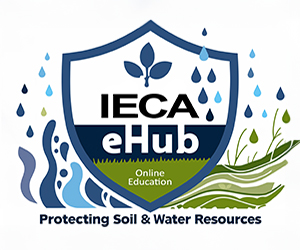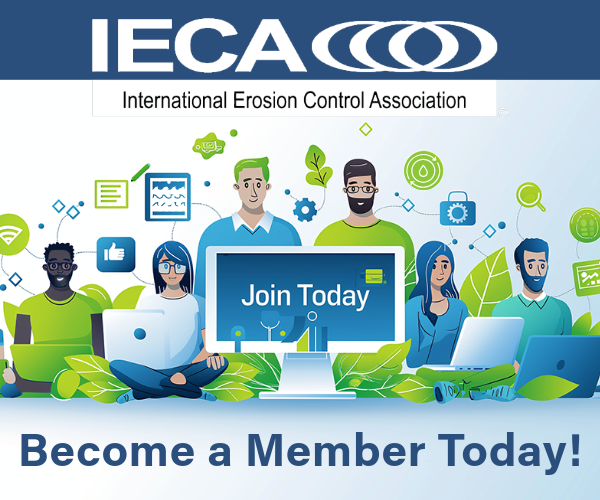
Chitosan Biocoagulants: Improving the Safety, Economics, and Environmental Impacts of an Open Air Activated Sludge System in Georgia
-
Register
- Non member - $40
- Professional member - $15
- Professional Plus member - Free!
- Professional Plus Org member - Free!
- Student member - $15
- Young Professional member - $15
- Emeritus member - $15
- Discounted Professional member - $15
- Australia Member - $15
- Australia Non-Member - $40
- Australasia Professional Plus - Free!
- Australasia Professional Plus Org - Free!
- Australian Student - $15
- New Zealand Member - $15
- New Zealand Professional Plus Org - Free!
- New Zealand Professional Plus - Free!
- New Zealand Student - $15
Chitosan Biocoagulants: Improving the Safety, Economics, and Environmental Impacts of an Open Air Activated Sludge System in Georgia
Presented by: Jenn Wood, Global Key Account Manager, Tidal Vision
Level: Intermediate
Duration: 1 hour
Type of Course: Webinar - On Demand
The transition from traditional aluminum-based coagulants to biocoagulants presents an impactful and sustainable shift in water treatment. Chitosan, a biopolymer derived from upcycled waste materials, is redefining the approach to stormwater treatment by offering a powerful and environmentally friendly alternative to traditional coagulants.
Faced with high levels of total suspended solids (TSS) and significant sludge accumulation, the facility needed a solution that could meet strict environmental standards while improving operational efficiency. Chitosan provided exactly that, reducing TSS to a small fraction of site limits, cutting sludge production by up to 91%, and dramatically decreasing the overall chemical usage by over 90%. This shift not only enhanced treatment efficiency but also reduced labor, transportation needs, and the physical strain on machinery - all without the health hazards associated with traditional coagulants.
Learning Objective:
1️⃣ Understanding that safe, modern cationic biocoagulants are situated to take the lead in stormwater and wastewater treatment/remediation.
2️⃣ Understanding the benefits of utilizing chitosan solutions in a wastewater or stormwater treatment system.
3️⃣ Understanding why offsetting harsh chemistries in wastewater and stormwater treatment systems is essential, especially in the face of regulatory shifts.

Jenn Wood
Global Key Account Manager
Tidal Vision
Jenn Wood has a dynamic leadership career developing customized programs championing environmental and social responsibility. She leads key global accounts for water treatment through dedicated customer relationships and collaborative solutions. She holds a Master's degree in Urban and Environmental Policy and Planning from Tufts University and a dual Bachelor's degree in Outdoor Education as well as (self-designed) Sustainability and Education from Northland College. Jenn lives in VT, spending time outside biking, kayaking, sailing and skiing.
This event is worth one (1) Professional Development Hours.
IECA is committed to fostering an environment of continuous learning and professional growth. Through a process of peer review and content selection standards, we ensure that our content is robust, relevant, and aligned with industry standards. We respect the authority of certification organizations to evaluate and accept professional development activities according to their criteria, acceptance of professional development credits is at the discretion of your certifying organization.



